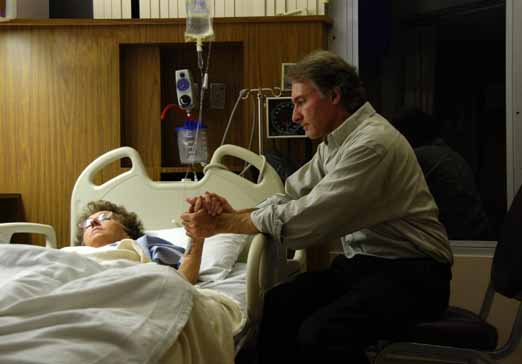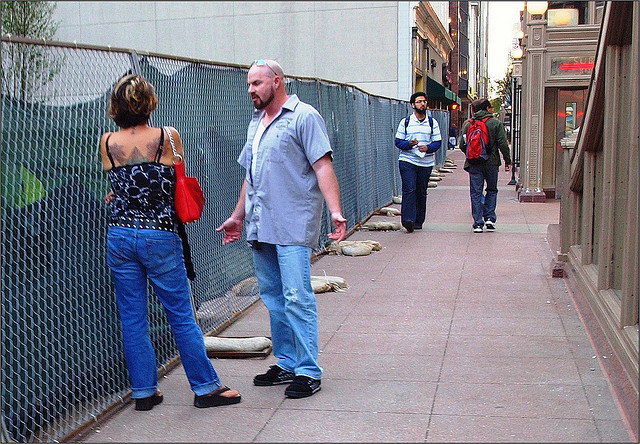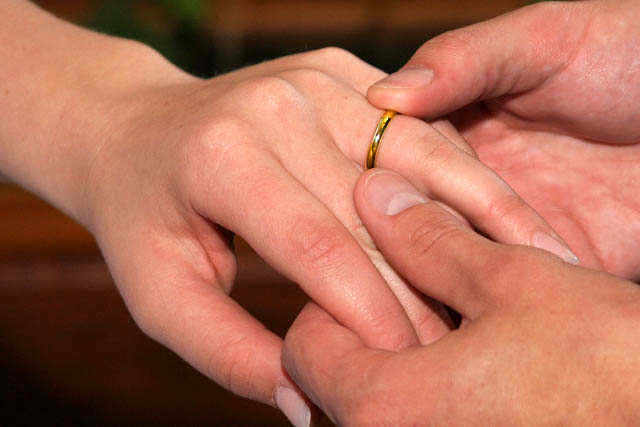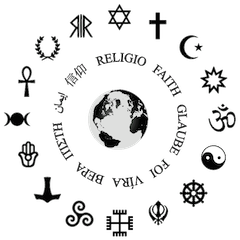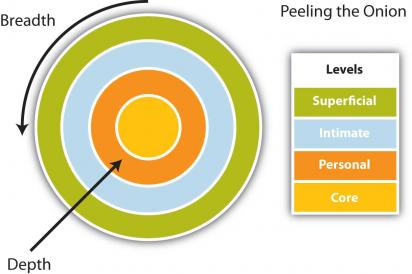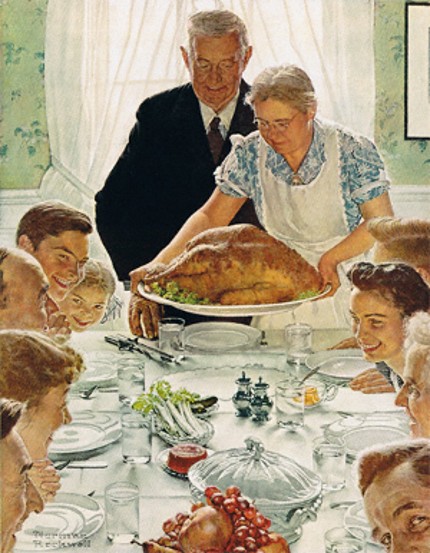For 8 years now, the Democrats have accused the Republicans of foul play for their obstructionist behavior and lack of support of Obama as president of our land. Tomorrow, the 45th president of the United States will be inaugurated and I confess to being among those who cannot say his name and the title ‘President’ in the same sentence. At least 60 Democratic Senators and Representatives are boycotting the event and huge numbers of Americans plan to protest on Friday.
Even many Republicans are stunned and concerned about having a hot-tempered, loose cannon president who tweets insults to anyone who disagrees with him and wants to move the press out of the White House. Many of us fear a new kind of Mccarthyism or echoes of Hitler in a man who appears to be driven by such an enormous ego that perhaps he loses sight of his responsibility to serve the needs of ALL Americans rather than simply proving his wheeling and dealing prowess boasting that he is the only one who could successfully run his personal empire and the US simultaneously.
Surely, many Republicans are delighted to have ‘control’ of the White House, Senate, House, and Judicial branch of our government. But, there is something more at stake here than ‘winning.’
Are we becoming so focused on pushing through our own myopic political agendas that we are losing sight of functioning as a government of the people, by the people and for the people?
Who is genuinely listening to the people – to the heart of our concerns? Who is listening to our call for an end to institutionalized racism and sexism and a minimum wage that ensures remaining in poverty? Who genuinely cares enough about these issues that they are willing to fight to fix what is broken in our country even if it means risking being re-elected?
How do we get from where we are to a place where we can truly work together for the highest good of ALL concerned. How do we elevate our consciousness above ‘I’m right and you’re wrong’ to where we are able to see the importance of celebrating our oneness while honoring our differences? When we simply fight against each other because of our differences, we lose all sight of the humanity that joins us together as one. We also fail to see the situation in a much bigger perspective that entertains such thoughts as:
- Maybe this mess we are in is necessary for enough of us to bring forward systems and solutions that transcend self-serving polarized thinking.
- Perhaps we are approaching the moment when we are so sick and tired of our dysfunction that we are inspired and courageous enough to birth a kind of governance that draws us together rather than tearing us apart.
- What would it take for ALL Americans to feel that they are being heard and that their needs and concerns are indeed the agenda of the local, state and federal governments that serve them?



